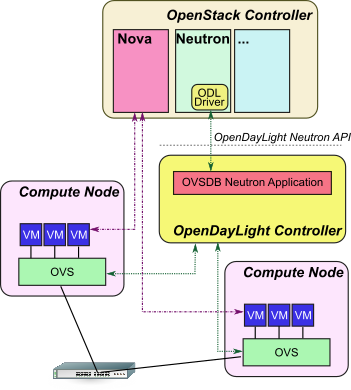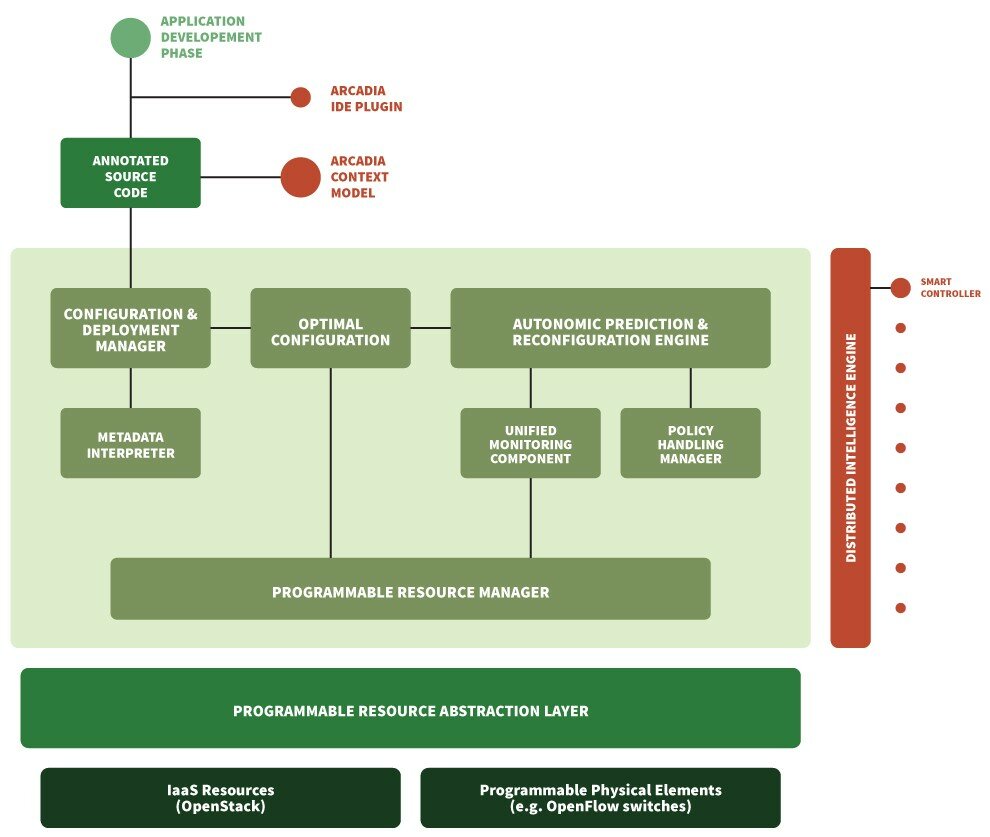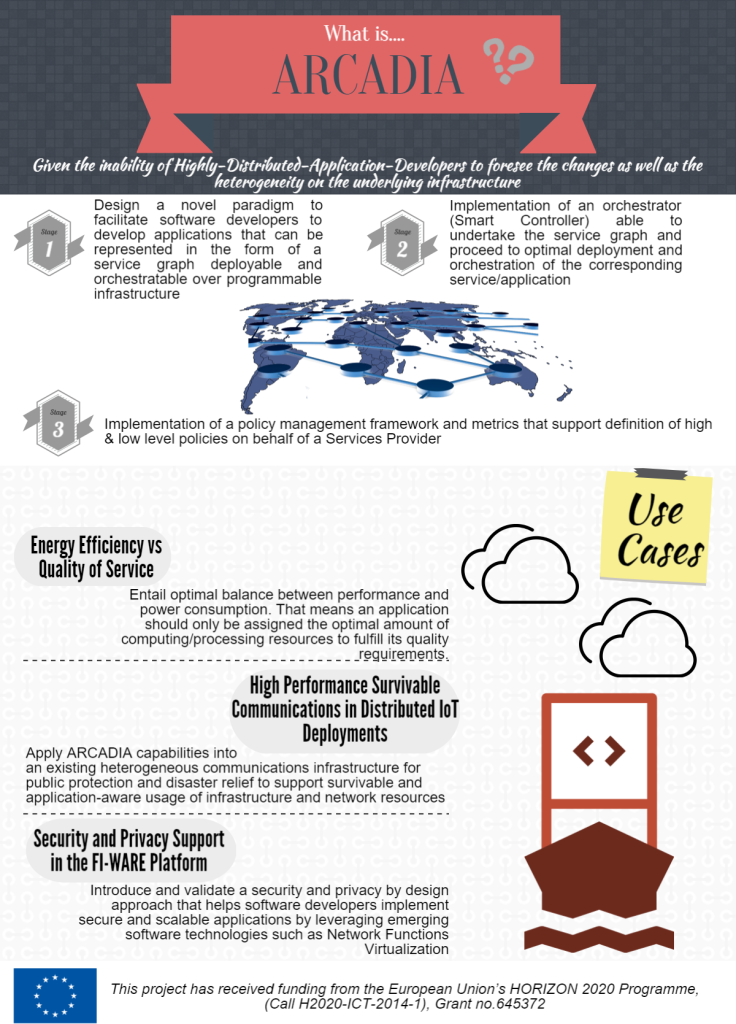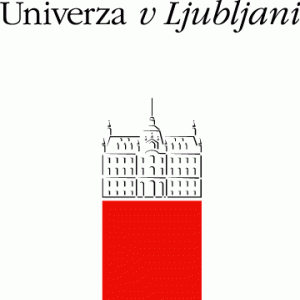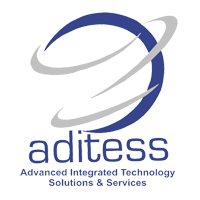Network Function Virtualization (NFV) is the ground-breaking innovation trend in networking, which envisions the implementation of network functions over virtualized infrastructures made of computing, storage, and networking resources. The whole framework forewarns of becoming a complex ecosystem, due to the need to develop, to compose, to publish, to trade, to deploy, to orchestrate, and to…
Continue Reading Tailoring the needs for NFV-to-SDN convergence: an opportunity for the ARCADIA frameworkPosts in category Blog Post
Bringing computing at the network edge for virtualization of devices and things: the INPUT infrastructure for fog computing (Session on European Conference on Networks and Communications – EuCNC 2016)
SPEAKER: Roberto Bruschi, CNIT The INPUT project is targeting fog computing paradigms by exploiting ICT installation at the Telcos’ network edge. The main motivation is the increasing virtualization trend, with an ever larger number of applications and services moved to the cloud, and the difficulty to meet stringent QoS constraints for interactive and multimedia applications.…
Continue Reading Bringing computing at the network edge for virtualization of devices and things: the INPUT infrastructure for fog computing (Session on European Conference on Networks and Communications – EuCNC 2016)The ARCADIA Framework: a complete framework for software development, orchestration, deployment, and execution (Session on European Conference on Networks and Communications – EuCNC 2016)
SPEAKER: Anastasios Zafeiropoulos, UBITECH The ARCADIA project is targeting the alignment of software development paradigms with the opportunities offered by programmable infrastructure, in order to enable applications and services to dynamically adapt to the current execution environment. The main goal is a tight integration between the development and operations processes, enabling automatic deployment and life-cycle…
Continue Reading The ARCADIA Framework: a complete framework for software development, orchestration, deployment, and execution (Session on European Conference on Networks and Communications – EuCNC 2016)NFV and SDN interplay and orchestration challenges (Session on European Conference on Networks and Communications – EuCNC 2016)
SPEAKER: Pedro A. Aranda Gutiérrez, TELEFONICA I+D NFV and SDN are promising technologies for networking. However, their real potential is currently overlooked. As a matter of fact, many traditional networking guys are prone to see Network Functions as the “open” version of their legacy middle-boxes and the SDN controller as the delightful replacement of their…
Continue Reading NFV and SDN interplay and orchestration challenges (Session on European Conference on Networks and Communications – EuCNC 2016)Network softwarization (Session on European Conference on Networks and Communications – EuCNC 2016)
SPEAKER: Antonio Manzalini, TIM Networks are undergoing an unprecedented techno-economic transformation driven by the ever growing deployment of IT equipment within communication infrastructures, with the prime aim to realize most legacy functions in software. This trend will ultimately deploy a large amount of computing and storage resources into the network, building a vast programmable execution…
Continue Reading Network softwarization (Session on European Conference on Networks and Communications – EuCNC 2016)2nd Press Release
The ARCADIA project aims to provide a novel reconfigurable by design highly distributed applications’ development paradigm over programmable infrastructure. The main objective is to facilitate application developers to develop software that is able to take advantage of the underlying infrastructure, while in parallel support the deployment and dynamic configuration of applications in an optimal and…
Continue Reading 2nd Press ReleaseA tighter control of the networking infrastructure
Cloud Management Software (CMS) provides high-level abstraction and virtualization of the underlying computing, networking and storage resources, to make their provisioning flexible, dynamic, and faster. Unfortunately, the mapping of virtual resources to physical servers and devices is not a trivial task; for this reason, CMS often implements very simple algorithms, leading to inefficient usage of…
Continue Reading A tighter control of the networking infrastructure1st Press Release
The ARCADIA project aims to provide a novel reconfigurable by design highly distributed applications’ development paradigm over programmable infrastructure. The main objective is to facilitate application developers to develop software that is able to take advantage of the underlying infrastructure, while in parallel support the deployment and dynamic configuration of applications in an optimal and…
Continue Reading 1st Press Release
